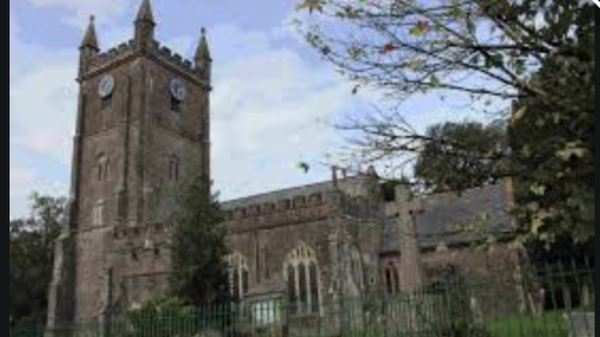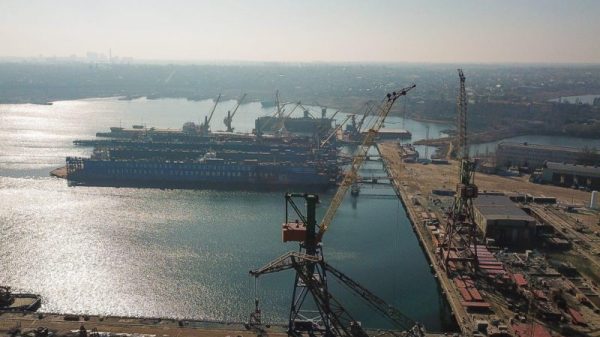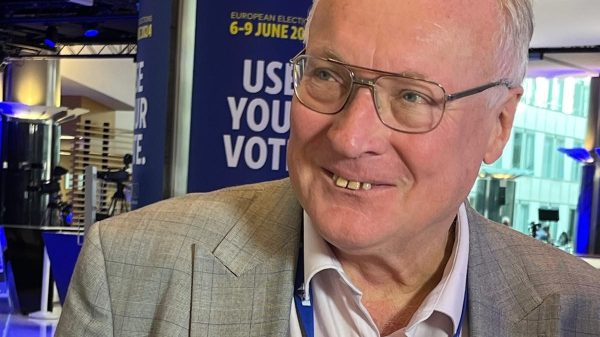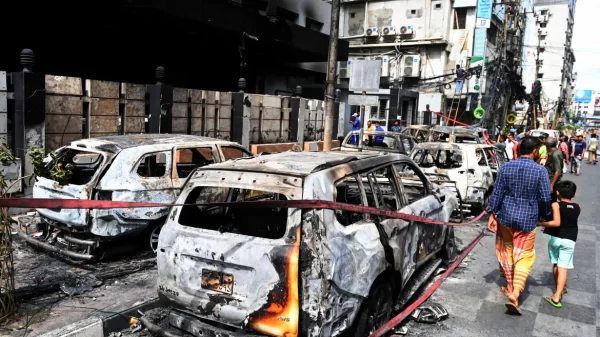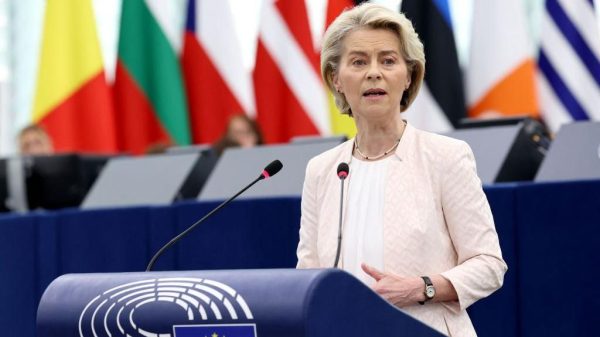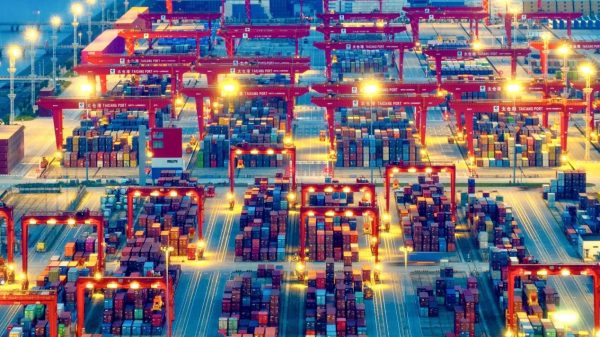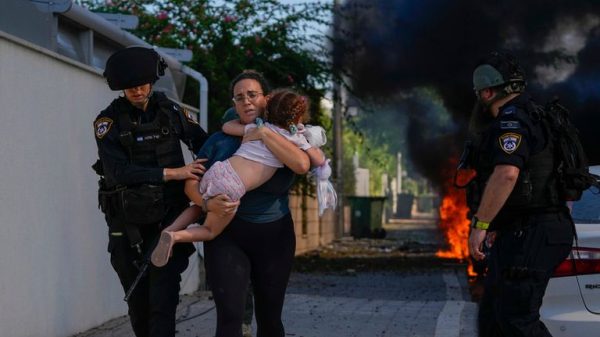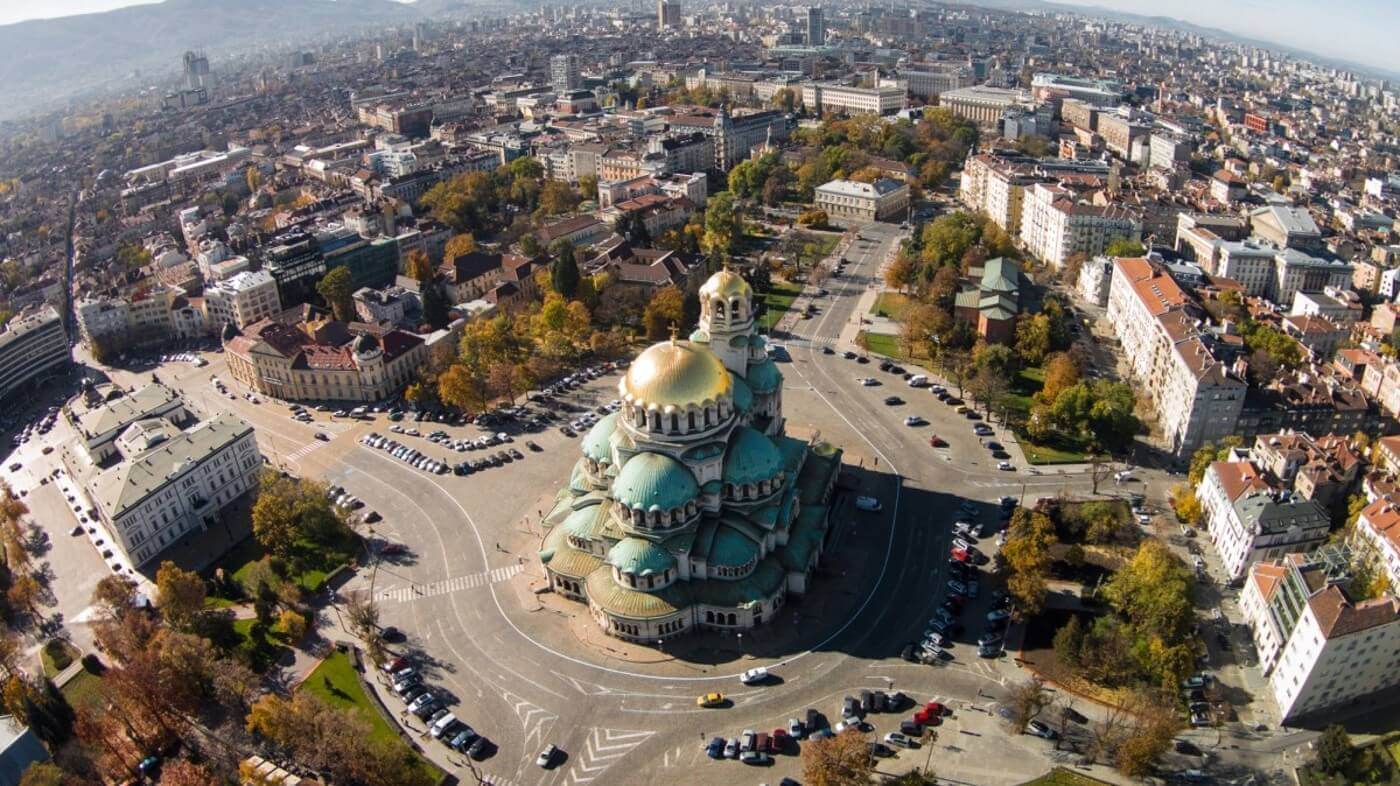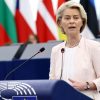Bulgaria is in an unprecedented parliamentary crisis. A world record (definitely a national one) was set after in one year (2021) a total of four parliaments, elected in three consecutive elections, shall be in session. Such a crisis in Bulgaria, as in the inability of the parliament to function, has occurred only once in our parliamentary history – almost a century ago during the late 1930s, when Bulgaria was a constitutional monarchy , writes Nikolay Barekov, journalist, former MEP and former deputy chair of ECR Group 2014-2019.
The crisis of the 1930s ended with a military coup d’état in 1939, which brought to power a military junta, ordained by the then monarch Tsar Boris III. This action ended with the country’s inclusion in the Nazi coalition, leading to an utter collapse, national catastrophe and Soviet invasion, which ended with five decades of communism.
No analyst dares to predict how today’s parliamentary crisis shall end. The fact is that after almost a decade of rule of one party and one Prime minister – GERB and Boyko Borissov (2009-2021) the power has informally passed into the hands of his greatest opponent, also a general, however from the army – general Roumen Radev.
To make the crisis even more unprecedented and on the edge of the law, since April Bulgaria has been governed by a “ex officio” appointed government, for which there is a regulation in the Constitution, but no inclined deadlines.
In order to reach today’s political crisis, the previous government, as well as the global Covid pandemic, undoubtedly had an influence. In the last years of his rule, and especially in his first (2009-2013) and third (2017-2021) phases, Borissov was accused of sharing power with local oligarchs and their political projects in order to silence the rest of the opposition.
In Bulgaria, every oligarch has his own party, and the easiest way to make money is to take state and public procurement. Some of the oligarchs close to Borissov have been protected by the West for many years, but eventually received sanctions under the “Magnitsky” law in an attempt to rearrange the agenda of political parties.
Other oligarchs with incredible media and financial power were Borissov’s direct coalition partners in his administration rule. The main oligarch who has always had a party and ministers in Borissov’s governments is Ivo Prokopiev, publisher of local medias who amassed his hefty fortune during the privatization of the last far-right political leader, Ivan Kostov (1997-2001).
At the time, the Prime minister of the anti-communist government, Ivan Kostov, was repeatedly accused of selling state property for tens of billions to people close to the former communist party and the former communist secret services. One of them is the publisher, Ivo Prokopiev, who privatized property worth tens of billions of levs for minimal sums and produced several political projects that participated as Borissov’s coalition partners in power.
When the oligarchy lost its economic interest, it temporarily opposed Borissov and overthrew him either via elections and new projects or via protests, and most often via both.
The Bulgarian oligarchy can most figuratively be said to be divided into two parts – one has become rich since the reign of the Communism and represents the interests of the former Communist Party and the former State Security; the other part is also related to the Communist Party, but accumulated its innumerable riches during the late 1990s through a process called “Overnight Privatization”, in which property worth nearly 100 billion levs (30 billion pounds) passed into the hands of no more than ten people.
Borissov’s big problem is that in recent years he has used the country’s repressive services to settle his scores with these oligarchs and never again to have to be in a coalition partnered with them or share political power. Most of them were arrested or tried (judged) in large cases and their property, worth billions, was seized – 1/4 billion of that is Prokopiev´s, and to the rest the total is about of 3.5 billion levs, as the Anti-Corruption Commission boasts.
All this led to a logical rift, and after the Prosecutor’s Office stormed the presidency to investigate corruption, protests began, which escalated into a demand for the resignation of Borissov himself, who still held power until the first election of the year.
In three elections last year, Borissov won a relatively equal number of votes, but lost at least two of the last two new formations – the first failed and the second one, currently trying to form a government.
Borissov found himself at war with the entire oligarchy because he tried to take his place through his own players. Those affected by the Magnitsky list tried to form a government through the first winner of the election (showman Slavi Trifonov’s project), which was an amalgam of old and new faces, but failed due to a lack of enough political members in the parliament.
The second attempt was through an extreme movement dedicated to change and anti-corruption, backed by acting President Roumen Radev and some of these oligarchs who have twice exercised power with Borissov as coalition partners, creating and sponsoring small urban liberal parties.
The new project tries to present itself as pro-Western and liberal with Bulgarians who studied in the West, but in fact in its ranks there are people who in recent years have been paid by part of the Bulgarian oligarchy.
Leader Kiril Petkov himself was embroiled in a spectacular scandal sanctioned by the Constitutional Court for making a false declaration to the President about the lack of dual citizenship. And his political ally, Assen Vassilev, was accused by his former Western partners of being a fraud, but a very clever fraud.
“He is a fraud, but he is very, very smart. Extremely clevert. We invested €15-20 million to develop the software, we had between 30 and 50 programmers in Bulgaria. He deceived not only me but also his friends. I was stupid and naive, and I believed him. He and several programmers took the code and went to China and sold it to the Chinese government after I found these customers. The software was owned by the company, and he just took it and sold it himself, “Morten Lund told bTV, who is a former partner of Assen Vassilev.
However, the Bulgarian people have made their choice so that the new formation, with the help of two parties with a very controversial past, can organize the power – one is that of the former communists (BSP), which has faces since the years of privatization and the first communist governments after the changes, which ended in collapse and protests, and the party of former prime minister Ivan Kostov, who is set to be in power for the third time as a smaller coalition partner.
Now, a diverse ideologically and quadruple coalition with three liberal formations and one left(-wing), socialist, successor to the former communists, is emerging. Two of the four parties have no experience with being in power, and the other two have extremely bad experience with accusations of corruption and defending oligarchs. The far-right pro-Russian party, the Turkish party and the current ruling party will be in opposition.
The danger comes from the fact that two thirds of the Bulgarian people did not vote in the last elections, and after each election the turnout activity decreases by 10%. Roumen Radev’s second term begins as the president elected with the fewest votes in Bulgaria’s history. For reference – only eight years ago, nearly 200,000 votes were necessary to cross the 4% electoral barrier for membership in the Bulgarian parliament. With a turnout activity of about 35-40%, the limit is twice as small. A large part of the Bulgarian people, mostly young people, do not see themselves represented in Bulgarian institutions.
The emerging coalition of several parties – two of them opposing – left/BSP/and right/ “Yes, Bulgaria”/, and the other two of them /”We continue the change” and “There is such a people”/ – without a clear ideology – are unstable and a uncertain government.
The inflation, the presence of a small percentage of vaccinated, the enormous mortality rate from COVID-19, the extremely high bills for consumables, electricity and gas, outline a quite severe winter and a short lifespan for the new government.
Practically speaking, 60% of the Bulgarian people have not voted for any party in parliament or for president. There are fewer and fewer Bulgarians abroad who vote, although they have received extended powers in the law from recent parliaments. In general, the Bulgarian people are ill-disposed towards coalitions of many parties that come to power only to settle their officials in high positions.
Kiril Petkov’s candidacy continues to be extremely controversial, because the prosecutor’s office is about to request his immunity and he shall be tried under the Penalty Code for submitting false decorations, for which a prison sentence of up to three years is envisaged.
Objective analysts in Bulgaria know that all political attacks in the parliament or on the street are based primarily on social and economic interests. Currently, there is no party with a clear ideology that defends certain political values and social stratum, which is the real problem here. There is a timid and insecure wave in favor of more liberal politicians at the expense of previous conservatives, who were represented in Borissov’s third government and who failed due to huge corruption scandals at all levels of government.
That Bulgaria is the most corrupt, poorest and most unreformed country in the EU is widely shared by the entire society and political class. There are huge problems to be solved. Nevertheless, whoever takes power shall not have a constitutional majority for any reforms.
For example, should the Chief prosecutor be relieved of his duties and position prematurely (too early) is a cumbersome and complicated procedure that requires 160 members of parliament. No coalition has that many political members. Also, the parties that remain in opposition, such as GERB and the liberal DPS party, are very experienced political players, and without them the parliament cannot work and have a quorum.
We can safely say that the last five years have been completely wasted and lost for any reforms and development of the country, and in the last year the power fell into the hands of inexperienced people nominated by President Roumen Radev. He is known to have received public support from the United States and Euro-Atlantic partners, however his statement that Crimea is Russian shows his true nature as a politician and a general associated with the party that nominated him – the former communists and the whole backstage. this party.
In general, it can be noted that Bulgarian politicians are very careful about their assessments with respects to Russia, because the population is positive about the former Soviet empire, and populism has peaked in the last 20 years. Therefore, you shall not find a single politician who is to publicly declares vaccination or publicly condemns Vladimir Putin and the Russian Federation. The manners of the times of the former dictator Todor Zhivkov to lower themselves before the High powers are observed by all players on the political scene. The expected change through reforms would be difficult in the current configuration, as it is not described in either the program or the platforms of the parties that would form a ruling coalition.
The slogan of the winners of the last parliamentary elections that they will pursue left-wing politics with right-wing funds sounded like an obscure of the bitter truth, that the socio-economic and health crisis will bring more poverty to the Bulgarian people. The eurozone does not allow an increase in income, on the contrary – unemployment will rise in the coming months.
As for my return in politics, I shall be very brief. The creation of a new coalition with the old Communist Party and with liberal formations practically liberates the entire political field and new parties are expected next year on the left and right. As a right(-wing) conservative politician, I have always defended the right of the Bulgarian people to determine their own destiny, to be a loyal partner in NATO, but to be more demanding of the institutions and authorities in Sofia and Brussels.
I would participate in and support the formation of a new conservative right project that would carry out the necessary reforms in the country, gather the necessary majority in the parliament and preserve Bulgaria’s strategic interest as a Western country that should be a leader in the Balkans.
Solving the problem of the veto for North Macedonia is on Bulgaria’s agenda. The policies of the previous governments have been wrong and a new approach will have to be found to address and solve this crucial issue. First of all, we must see the other examples in the world – when large countries have fraternal peoples in neighboring countries. Bulgaria must be tolerant of North Macedonia as an older brother and defend the principle that there is not a Bulgarian minority in North Macedonia, but a Bulgarian-Macedonian majority. The rights of this majority must be defended, and this shall be done best, when a multinational and multiethnic country like North Macedonia is integrated into the European Union.
Nikolay Barekov is a journalist, former MEP and former deputy chair of ECR Group 2014-2019.
Share this article:


